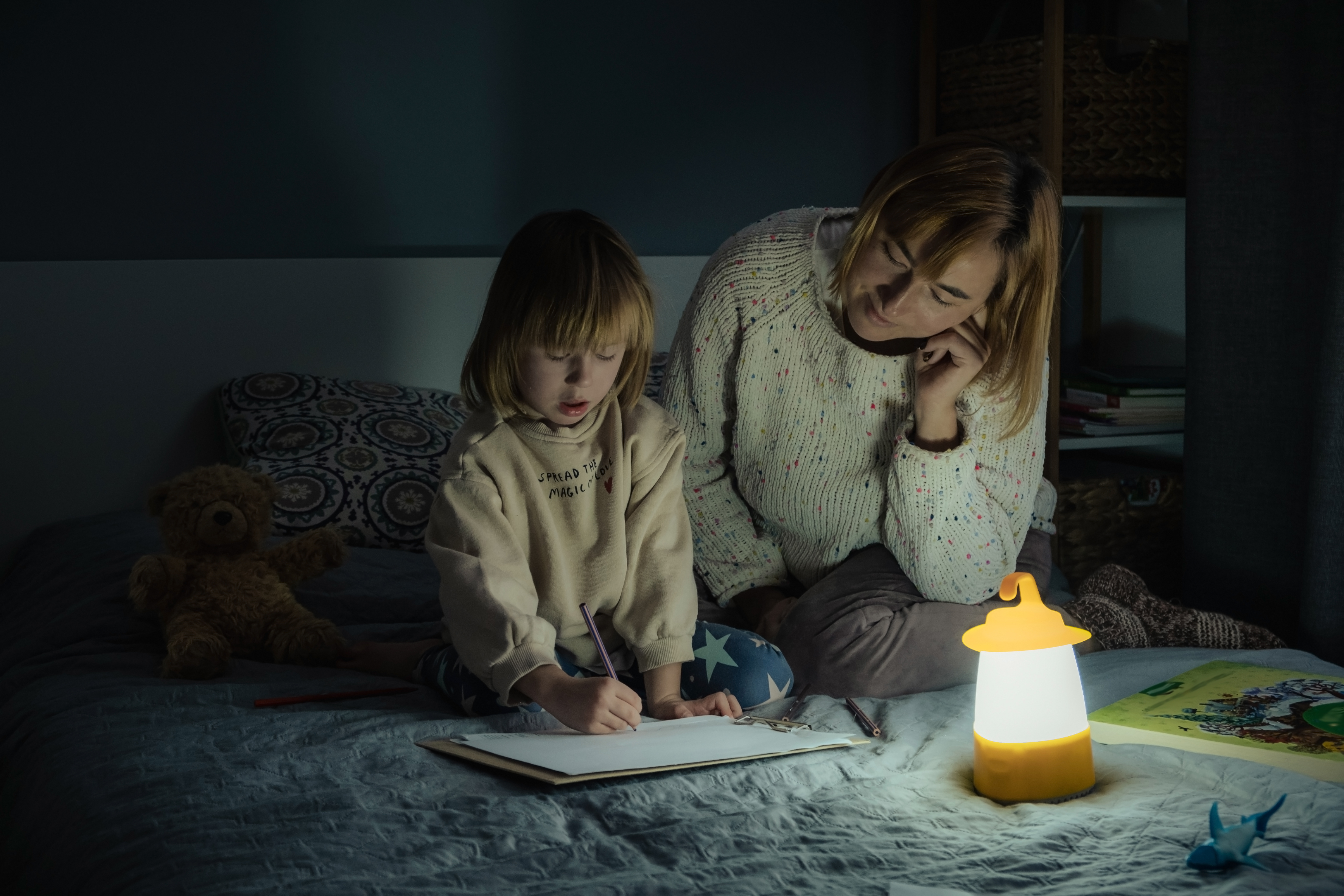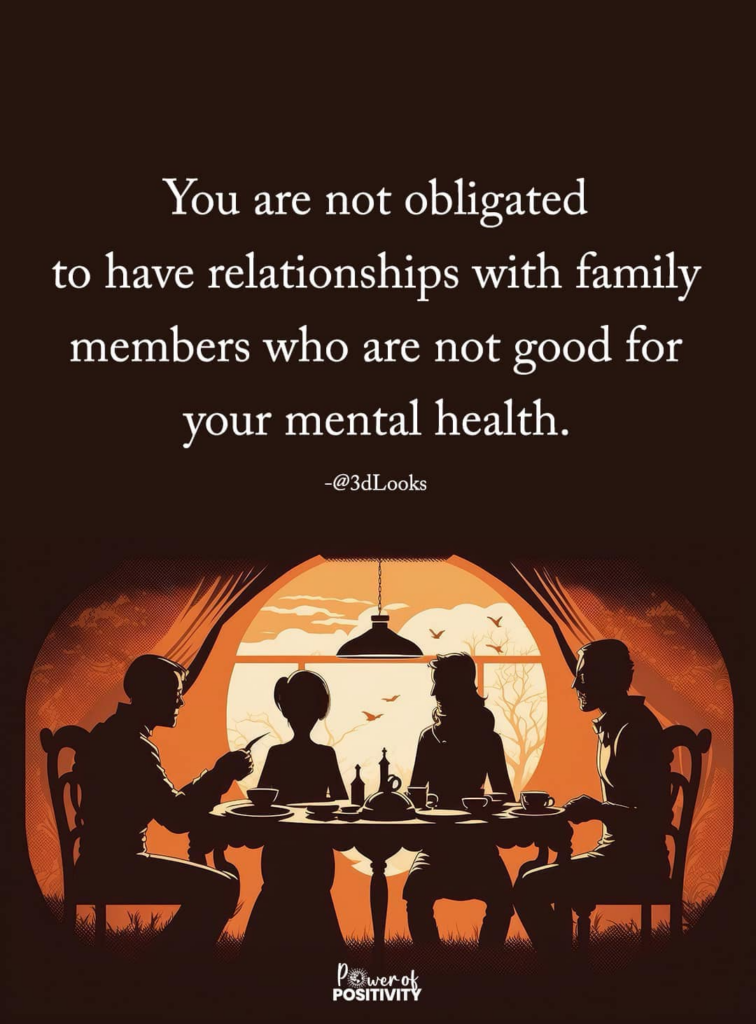As parents, it’s natural to protect your child. But sometimes, being too protective can turn into sheltering, which means keeping your child away from challenges they need to face to grow. This kind of parenting, often called helicopter parenting, can limit a child’s ability to develop important life skills, like problem-solving and independence. Sheltering your child might come from a place of love and concern, but it can also affect their confidence and make them overly dependent. So, how do you know if you’re crossing the line? This article will help you understand the signs of overprotective parenting and what it means for your child’s growth. It’s not about judging your approach but finding a balance that helps your child grow up feeling safe, yet confident in handling the world. Let’s see what signs might suggest that your parenting style is a bit too sheltered.
15 Signs You’re Sheltering Your Child
Could your parenting style be holding your child back? Here are 15 signs that might suggest you’re being overly protective and how to help your child grow with more confidence and freedom.
1. Strict and Early Curfews
If you’re setting early curfews that seem too strict for your child’s age, it could be a sign of sheltering your child. For instance, expecting a teenager to be home by 5 PM can be too limiting and could make them feel different from their peers. This could create frustration and limit their social interactions, affecting their confidence and sense of independence. A more flexible curfew, based on age and trust, encourages a balanced sense of freedom.
2. Frequent Lying
If you notice your child lying often, it might not be about them being dishonest but rather about feeling trapped by strict rules. They might think it’s the only way to have some freedom. For example, they may say they’re studying at a library but actually be with friends. This could lead to a breakdown in communication and trust. By making rules a bit more flexible, you encourage honesty while still maintaining safety.
3. Overreaction to Minor Issues
When parents overreact to small mistakes, it can make children feel embarrassed or anxious. For example, if your child spills a drink and you respond with anger, they may start to fear making even small errors. This approach can lower their confidence over time. It’s better to address mistakes calmly, focusing on learning rather than punishment. This way, children learn to face challenges without constant worry about getting in trouble.
4. Constant Checking
It’s natural to want to know where your child is, but constantly checking in could mean you’re sheltering your child. If you call or text them every 30 minutes when they’re out, it might feel suffocating to them. This level of control can create social barriers, as they may feel embarrassed in front of friends. Instead, try setting check-in times to help your child feel trusted, which can promote independence while keeping them safe.
5. No Sleepovers at Others’ Homes
Not allowing sleepovers at friends’ houses might be another sign of sheltering your child. While it’s okay to be cautious, children need chances to socialize and experience different environments. This helps them understand diversity and build social skills. If you’re worried about safety, get to know the parents and home environment first. By easing restrictions a bit, you help build trust and let your child explore new friendships.
6. Excessive Parental Controls on Devices
Parental controls are important for safety, but too many restrictions can make children feel overly monitored. For instance, if you constantly check their phone, social media, or browsing history, it could create a sense of invasion of privacy. This approach may make children more secretive rather than more open. Finding a balance is key—supervise younger children closely, but give older kids some privacy to develop responsible online behavior.
7. Limited TV or Movie Choices
Limiting TV or movie choices to just cartoons or safe content could shelter your child from age-appropriate learning experiences. As children grow, they need exposure to various ideas and topics. For example, a documentary about animals or history can be both educational and engaging. While it’s necessary to avoid inappropriate content, gradually allowing a wider range of shows can help your child develop maturity and better understand the world.
8. Rebellious Behavior
Strict rules can sometimes lead to rebellious behavior. If your child starts breaking rules regularly, it might be a sign that they feel trapped. Rebellion often becomes their way of coping with restrictions. For example, sneaking out or arguing about curfews can signal that they need more space. By allowing a bit more freedom within reasonable boundaries, you encourage cooperation and reduce the need for rebellious acts.
9. Choosing Friends for Your Child
Trying to control your child’s choice of friends could be another sign of sheltering your child. While it’s normal to worry about peer influence, children need to learn how to build friendships on their own. If you constantly step in to suggest or reject certain friends, it may create social anxiety for them. Instead, set guidelines about behavior and values, but let them navigate their social circles with your support.
10. Over-Monitoring Phone Calls and Messages
If you listen to your child’s phone calls or read their messages regularly, it could signal over-sheltering. While checking in occasionally is understandable, excessive monitoring can damage trust. It can also make your child feel like they have no privacy, leading to secretive behavior. Setting clear guidelines about communication and privacy, rather than spying, can help you maintain trust and ensure safety at the same time.
11. Delaying Driving Privileges
Delaying driving privileges without a valid reason could hold your child back from becoming independent. Driving is a key life skill that boosts confidence and opens up opportunities for teens. If you refuse to let them drive due to fear of accidents, you might be sheltering them. Instead, start with short, supervised driving lessons. This helps build their skills while keeping them safe, making it a positive learning experience.
12. Limited Self-Expression
Controlling how your child dresses or styles their hair can limit their sense of self-expression. Self-expression helps children develop their identity and confidence. For instance, allowing them to choose their outfits (within appropriate limits) can boost their self-esteem. Restricting these choices can make them feel unheard or stifled. By allowing harmless forms of self-expression, you help them feel understood and more confident in their choices.
13. Home Feels Like a Prison
If your child describes home as feeling like a prison, it’s a clear sign of sheltering your child. Overly strict rules can create an environment that feels more restrictive than nurturing. Children should feel safe, loved, and comfortable at home—not afraid of constant punishment. To create a healthier atmosphere, encourage open discussions about rules and boundaries. A more flexible approach fosters a sense of security and trust.
14. Fear of Getting in Trouble
If your child is afraid of making mistakes or constantly worries about getting into trouble, they might be experiencing overly strict parenting. Fear-based behavior can limit their confidence and willingness to try new things. Open communication is key to a healthy parent-child relationship. Encourage them to share their thoughts without fear of harsh punishment. This not only builds trust but also helps them develop better problem-solving skills.
15. Hesitation to Make Plans
If your child hesitates to make plans with friends or engage in social activities, it could be a sign of sheltering. They might worry that you’ll say no, which affects their confidence in making decisions. Give them the chance to propose reasonable plans and negotiate terms. This not only builds their decision-making skills but also promotes a sense of independence, which is crucial for personal growth.
Final Thoughts on Over-Sheltering Your Child
Balancing protection with freedom can be tough for any parent. While keeping your child safe is always the goal, too much sheltering can hold them back from growing confidently. As they get older, try giving them a bit more space and independence. It could be as simple as letting them make more choices or adjusting some rules. This builds trust and shows them that you believe in their abilities. Instead of sheltering your child, focus on being a steady guide—someone they can turn to when they need support, not control. Encourage open conversations and set fair boundaries that make sense for their age. This creates a healthy environment where they feel safe yet empowered to handle challenges. Gradually, you’ll see a stronger bond and a more independent child.















